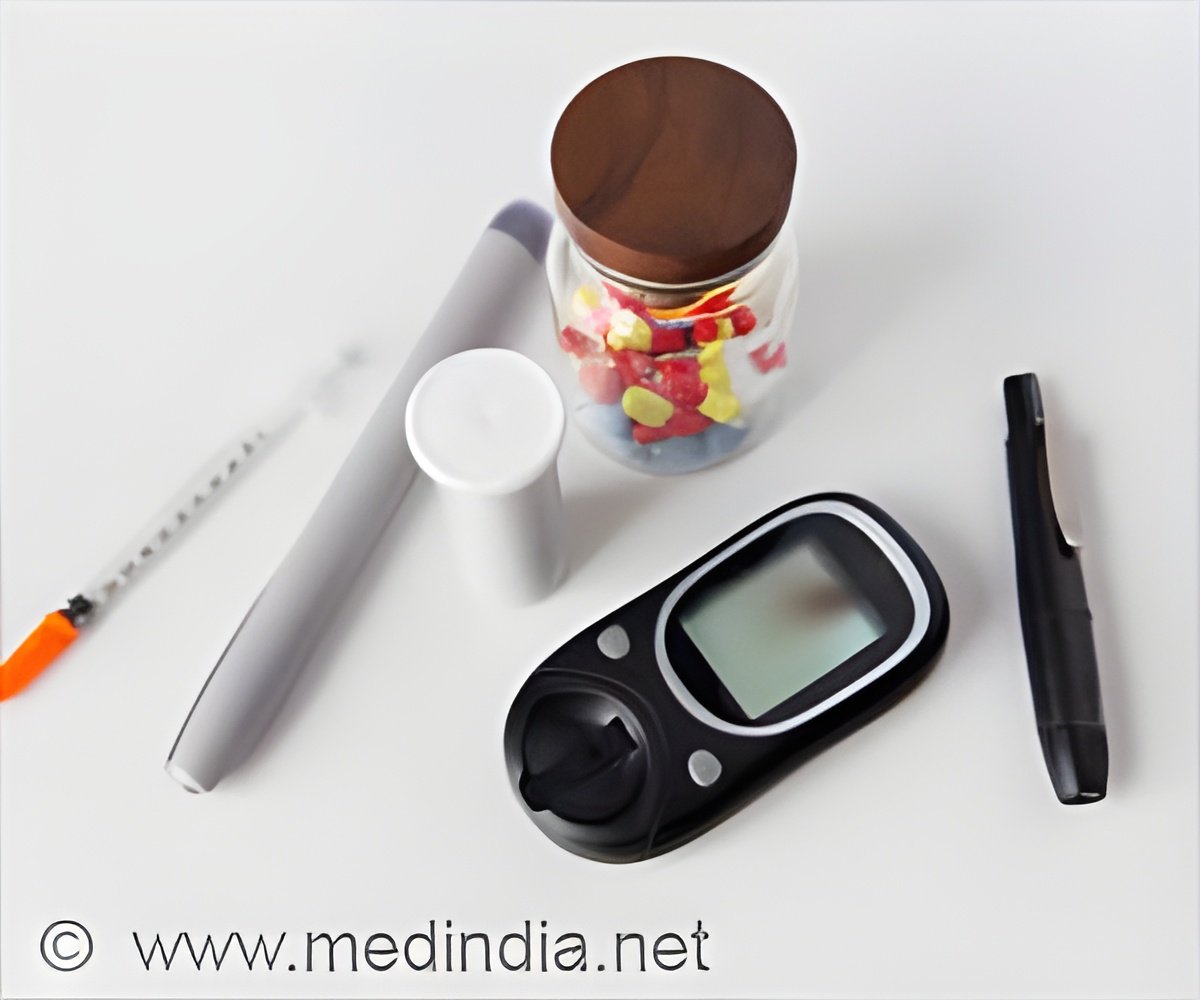
Combining weight-loss and diabetes treatment drug semaglutide (Ozempic) with a very low-calorie diet could be more effective for treating type 2 diabetes than either method alone. (1✔ ✔Trusted Source
Type 2 diabetes – Symptoms and causes
)
The study published in Clinical Nutrition found that a very low-calorie diet led to greater short-term weight loss than semaglutide, and the combination of both produced more weight loss than semaglutide alone. However, the combination did not result in more weight loss than a very low-calorie diet by itself.
Notably, the combination treatment significantly improved pancreatic beta cell function, the cells responsible for producing insulin. With type 2 diabetes becoming a growing concern globally, understanding the impact of body fat on the disease is crucial, as obesity is linked to a sevenfold increase in diabetes risk. Excess weight contributes to insulin resistance and reduced beta cell function, creating a dual problem: insufficient insulin production and decreased insulin effectiveness.
The Critical Role of Weight Loss in Managing Type 2 Diabetes
Given the significant role of weight in type 2 diabetes, weight loss is key to managing the condition. Semaglutide was originally designed to treat type 2 diabetes by increasing post-meal insulin production and suppressing glucagon, which raises blood sugar levels. More recently, it has gained recognition as a powerful weight-loss medication. Studies have also shown that a very low-calorie diet, around 800 calories per day, can lead to significant weight loss and even reverse type 2 diabetes, likely due to improved beta cell function. However, maintaining such a diet can be challenging, with a high dropout rate in some studies.
The new study addresses the lack of direct comparisons between these interventions and investigates their combined effectiveness. Researchers recruited 30 participants with type 2 diabetes and randomly assigned them to one of three groups: semaglutide, a very low-calorie diet, or a combination of both. Over 12 weeks, they measured body weight, glycated hemoglobin (HbA1c), body composition, and insulin response.
The study found that both the very low-calorie diet and the combination treatment led to greater reductions in body weight and fat mass compared to semaglutide alone. All three groups saw significant reductions in HbA1c and fasting glucose levels, but only the very low-calorie diet and combination groups showed improvements in fasting insulin levels and insulin sensitivity. The first phase of insulin response increased in the semaglutide and combination groups, with the combination showing the most significant improvement.
In summary, a very low-calorie diet induced more weight loss than semaglutide, but the combination of both treatments was the most effective. The combination also led to better beta cell function, a crucial factor in managing diabetes. Dr. Franklin Joseph, Chief Medical Officer at Dr. Frank’s Weight Loss Clinic, noted that while a very low-calorie diet resulted in greater weight and fat loss, it did not enhance beta cell function, possibly due to the participants’ long-term diabetes.
Advertisement
Reference:
- Type 2 diabetes – Symptoms and causes – (https://www.mayoclinic.org/diseases-conditions/type-2-diabetes/symptoms-causes/syc-20351193)
Source-Medindia



